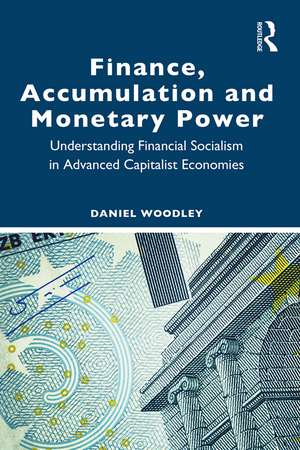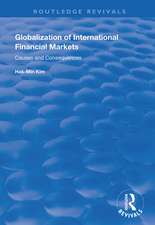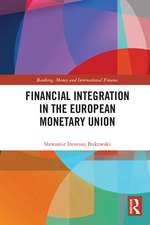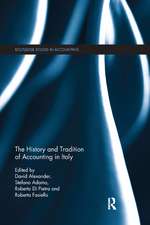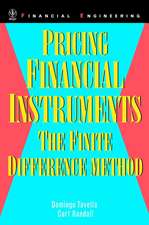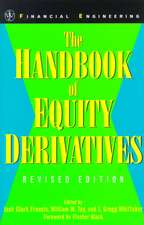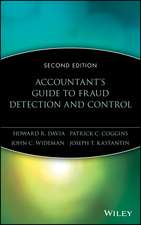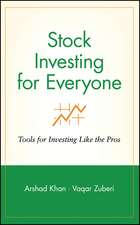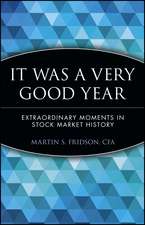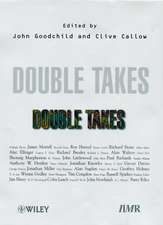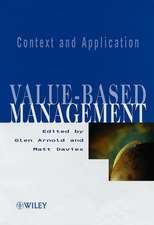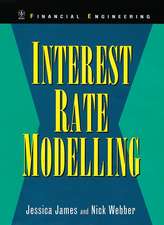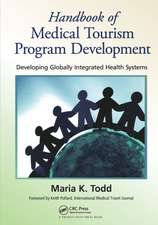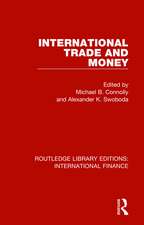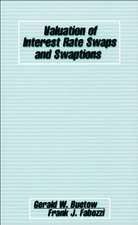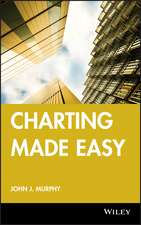Finance, Accumulation and Monetary Power: Understanding Financial Socialism in Advanced Capitalist Economies
Autor Daniel Woodleyen Limba Engleză Paperback – 11 noi 2019
The book explains the dynamics of the crisis as it has developed and assesses the response of monetary elites to systemic financial risk in the global economy. Their failure to re-engineer growth following the technology boom of the late 1990s and the global financial crisis are driving fundamental changes in the form and function of capitalist money, which have yet to be theorized adequately.
Finance, Accumulation and Monetary Power presents a revealing and radical critique of the failure of the International Political Economy to apprehend changes taking place within capitalism, employing a critical-theoretical analysis of contradictions in the capitalist reproduction scheme. The book will be of key interest to scholars, students and readers of international political economy, critical political economy, heterodox economics, globalization, international relations, international political sociology, business studies and finance.
| Toate formatele și edițiile | Preț | Express |
|---|---|---|
| Paperback (1) | 246.28 lei 6-8 săpt. | |
| Taylor & Francis – 11 noi 2019 | 246.28 lei 6-8 săpt. | |
| Hardback (1) | 1002.53 lei 6-8 săpt. | |
| Taylor & Francis – 12 noi 2019 | 1002.53 lei 6-8 săpt. |
Preț: 246.28 lei
Preț vechi: 295.76 lei
-17% Nou
Puncte Express: 369
Preț estimativ în valută:
47.12€ • 49.33$ • 38.99£
47.12€ • 49.33$ • 38.99£
Carte tipărită la comandă
Livrare economică 05-19 aprilie
Preluare comenzi: 021 569.72.76
Specificații
ISBN-13: 9780367338527
ISBN-10: 0367338521
Pagini: 264
Dimensiuni: 156 x 234 x 27 mm
Greutate: 0.4 kg
Ediția:1
Editura: Taylor & Francis
Colecția Routledge
Locul publicării:Oxford, United Kingdom
ISBN-10: 0367338521
Pagini: 264
Dimensiuni: 156 x 234 x 27 mm
Greutate: 0.4 kg
Ediția:1
Editura: Taylor & Francis
Colecția Routledge
Locul publicării:Oxford, United Kingdom
Public țintă
Postgraduate, Professional, and UndergraduateCuprins
Part I: Theorizing the crisis 1. The failure of neoclassical economics 2. Heterodox aproaches to capitalist crisis 3. Critical value theory Part II: Financial socialism 4. Accumulation and monetary power in postliberal capitalism 5. Postliberal capitalism 6. Monetary internationalism 7. Conclusion
Notă biografică
Daniel Woodley teaches Politics at DLD College in London, UK, and is the author of numerous books and articles on political theory and international politics, including Fascism and Political Theory (2010) and Globalization and Capitalist Geopolitics (2015).
Recenzii
"In Finance, Accumulation and Monetary Power, Daniel Woodley expertly depicts and uncovers the key structural problems that contemporary 'postliberal' capitalism faces. As the book shows, we are moving towards what Woodley terms ‘financial socialism’, in which nation-states and international organisations are required to stabilise an increasingly unstable global capitalism, using monetary policy to prop up the value of money and assets – and in doing so, to sow the seeds of the next crisis. The book is a must-read for anyone with an interest in the ongoing stagnation of the global economy, and the likely sources of the current crisis to come. At the end of a ten-year period of quantitative easing and ultra-loose monetary policy we still exist in a period of 'secular stagnation' – this book goes beyond the surface-level explanations of both mainstream and heterodox economics, to show why this is the case." David J. Bailey, University of Birmingham, UK
Descriere
This accessible yet rigorous book examines the development of ‘financial socialism’ in advanced capitalist economies in the decade since the global financial crisis of 2007-2009. It explains the dynamics of the crisis as it has developed and assesses the response of monetary elites to systemic financial risk in the global economy.
